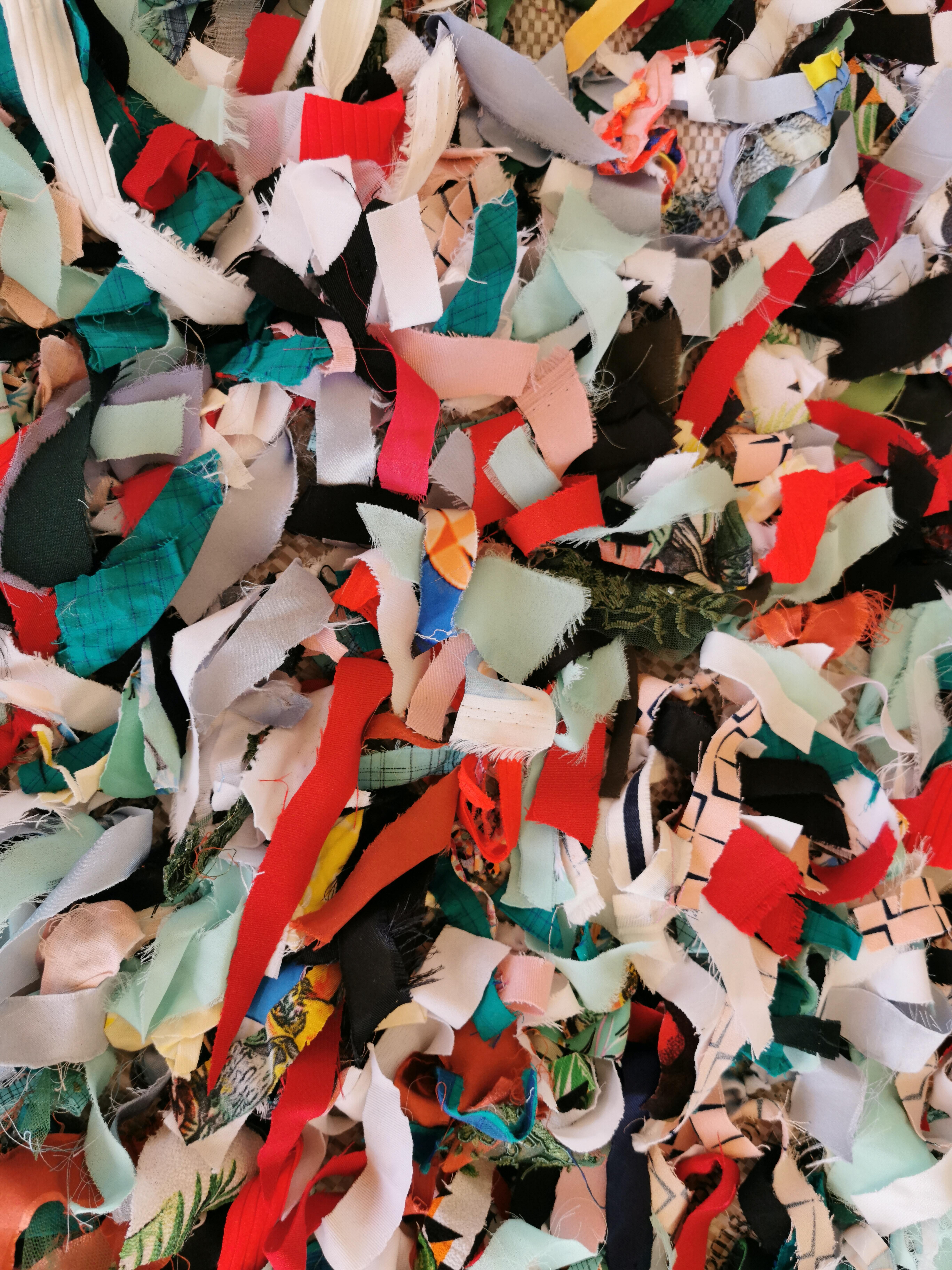 “ Creativity is intelligence having fun” - A. Einstein
“ Creativity is intelligence having fun” - A. Einstein
In one of our articles, we underlined the importance of reflection time in order to develop new ideas that could be useful when returning to campus. Indeed, creativity is closely linked to research process when it comes, for example, to developing new hypotheses, transmitting acquired knowledge or building the foundations of a project. The innovative process is vivifying, vibrant, sparkling, stimulating, but generating ideas and organizing them is sometimes complicated, messy, even frustrating. Did you know that as early as the Middle Ages (Quaestiones disputatae) there was a concern to facilitate and stimulate exchanges between scientists in order to generate original answers to theoretical questions? The aim here is not to retrace the history of brainstorming or freewheeling, but to propose some concrete tools to structure the production and organization of new ideas, in groups or solo.
- Some general tips:
- Aim to create work spaces that are calm, peaceful and impermeable to any possible external disturbance ;
- The prior definition of one or more subject(s) or objective(s) will help you to focus better;
- During the creative process, there is no right or wrong: censorship and self-censorship are to be banned!
- For your (group) brainstormings 1:
- Set the time frame precisely and appoint a facilitator (speech guardian);
- Organize your meeting room with the necessary equipment: whiteboard, flipcharts, pens, post-its... In times of semi-confinement it could be a good idea to discover the MIRO platform;
- Be attentive to others because it is from their proposals that you will be able to generate new and innovative ideas;
- Remember that the competition is useless during a brainstorming session;
- Alternate moments of individual reflection with moments of sharing and monitor the speaking time of each speaker.
- For your freewheelings (solo) :
- Give yourself the time you need, even if your mail box is overloaded !
- Use paper and pen instead of a laptop. You can always digitize your notes afterwards. If you prefer to write on your tablet or smartphone, several applications exist. A few examples? Evernote, Onenote, Google Keep, Notability, Colornote... ;
- First of all: write down all your ideas (even those that seem crazy) and don't worry about the shape of your sentences: you can also simply write down keywords, draw, draw symbols...
- Second: organize your ideas in a mind map, a method that literally maps your thinking on a theme. Again, use pencils and paper! You will be able to create a final digital version using Freemind, Mindnode or Meindmeister, among others. Remember that the purpose of a mind map is clarity!
- Only at the end or why not the next day: eliminate unnecessary ideas.
If you want to develop your skills on this subject, don't hesitate to register for the Research and Creativity workshop and the Smart Productivity Workshop.
1 . https://academiac.net/2019/04/02/effective-brainstorming-skills-for-academic-lab-meetings/




 Version française
Version française